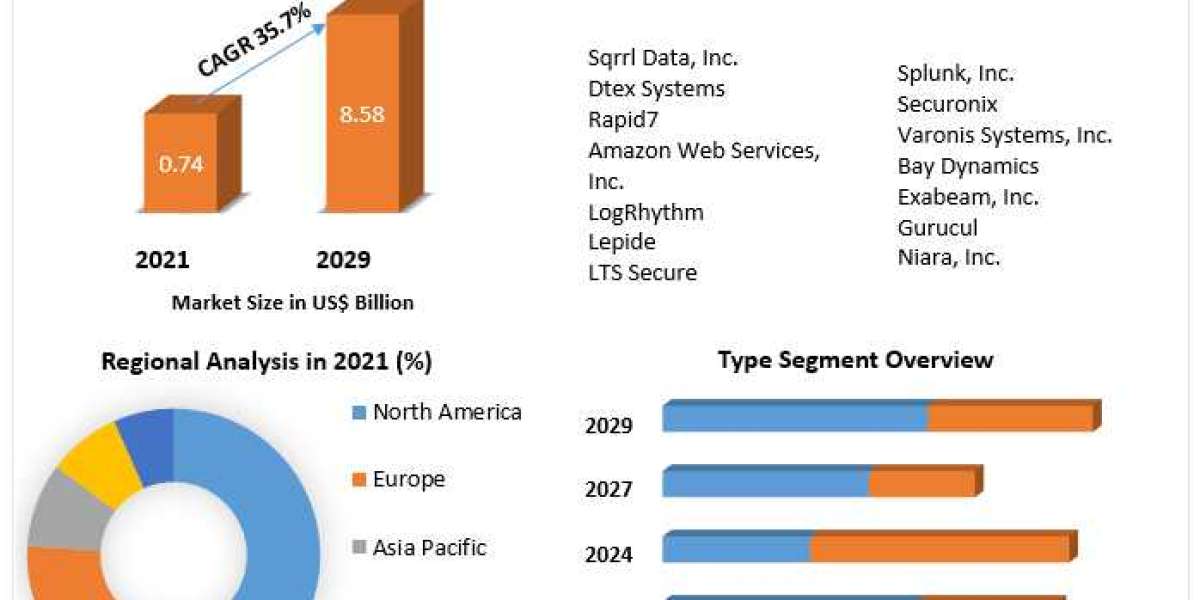In recent years, AI has dominated the large tech industry's narrative, promising to transform everything from healthcare to logistics. As the creator and CEO of Blink, I am inherently optimistic about innovation and technology's revolutionary potential. However, Meta's recent decision to discontinue Workplace in favor of a greater emphasis on AI has highlighted a major concern: the marginalization of deskless workers.
Also Read: Hiring Slow Downs with a Focus on Talent Excellence
Deskless workers are frequently frontline workers in industries such as retail, healthcare, manufacturing, and logistics, which are essentially the backbone of our economy. These individuals are critical, and their contributions are irreplaceable. However, the present technology trend progressively ignores their demands and contributions. Meta's action highlights this trend, raising serious issues about where big tech's true goals are.
The appeal of AI is apparent. It has the capacity to automate operations, analyze large datasets, and even develop new goods and services. Companies are rushing to create complex algorithms and machine learning models that encourage efficiency and creativity. This AI gold rush is reminiscent of the internet's early days, which were full of promise and possibility.



